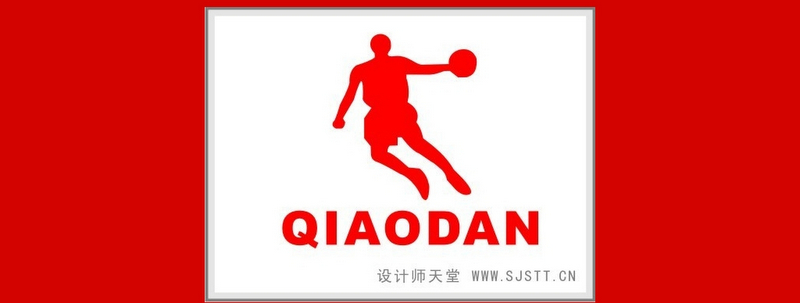Protecting your #brands in a different language. The case for registering a trademar in China in Chinese
As I mentioned in a previous blog, those who succeed are cursed with imitators and pirates. After all, if your products or brands were not good, why would people copy them? If your #brand’s and trademar success is extending far into the east, some considerations may be necessary especially if you have a global supply chain that reaches all the way to the factory floor of the world, China.
Even if you have taken the precaution of registering your brand in China, do not rest on your laurels!
Somebody may be benefiting from the brand you have created right under your nose, and you may never realize it. Learn from basketball star Michael Jordan and prevent others around the world from benefiting from your efforts.
Linguistics 101
It comes handy that I can manage my way in many languages, including a few Asian ones, so I can give you crash course version on Chinese Linguistics
Chinese is an ideographic language, while in the west we deal meanly with a phonetic alphabet. Basically, every Chinese character has a meaning and sound. Characters can serve as words, nouns, verbs, etc. In addition to meaning, they can be used for their phonetic value. This is useful when you are trying to write a foreign name in Chinese.
To write a western brand you can either just write it in western characters, but if you feel brave and you want an extra protection of your brand, you can come up with good chinese characters (by good I mean with positive meaning) that have the phonetic sound of your brand. Sometimes the result is not exact but feel accomplished if you get a meaning close to your brand.
For example, “America” in Chinese is close enough. The pronunciation is “Meiguo” and it translates as “beautiful country”. Venerable “Coca Cola” was translated smartly into “Kouke Koule”, again, close enough and its meaning is “enjoyable” which is good positioning for the brand in any language.
Beware that not all sounds in western languages can be mirrored in Chinese (or any other language) plus if you aim for the correct pronunciation many times you end up with characters that do not give a good message.
“Qiaodan” or the art of flying under the radar
Michael Jordan registered his name in China long time ago. The problem is that he registered the English version in western characters only. It happens that a version of Jordan is pronounced “Qiaodan” in Mandarin. A company in China registered the name in addition to man playing basketball logo. It took some years for Mr. Jordan to realize this, and by then the chinese company had developed a juicy business benefiting from the phonetic and visual association. Just recently a high court in China ruled against Jordan after many years of litigation.
China as well as other countries follow the doctrine of famous brands where they will respect the rights of a famous brand from another country. It is a high bar to meet (or jump, in the case of Jordan). Famous brands are only famous if people in the target country know about them and can associate the name with the product. If you are just starting developing your brand in a new country, it is very likely the consumers know anything about your brand. The courts (the case went through many instances) in China found that “Qiaodan” had developed an association in the mind of the consumers with its products, and that people were not thinking of Jordan when they saw “Qiaodan” products and brands.
This overlapping of brands in two linguistic systems can happen even if you do not have plans to sell in China. If you are only making your products in China, and your manufacturer is packing and labeling your product with your brand, a pirate may get your brand registered locally in English or the Chinese equivalent and stop you from shipping your product out of China. As you become more successful don’t be surprised if somebody in the other end of the world will try to appropriate your brand and other intellectual property assets you have worked hard to develop.
As always, consult with me about the procedures and rules in different countries and jurisdictions where you want to protect your Intellectual Property. Call me for an appointment at (480) 324-6378.
